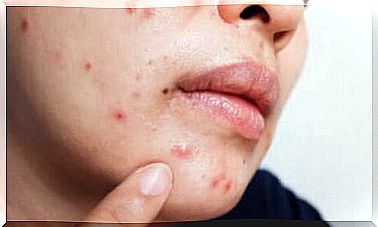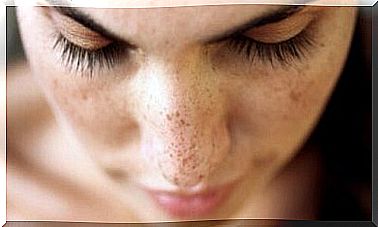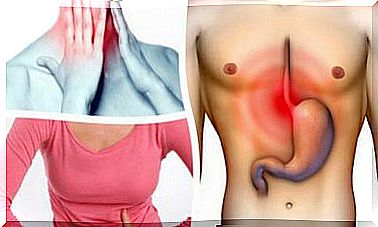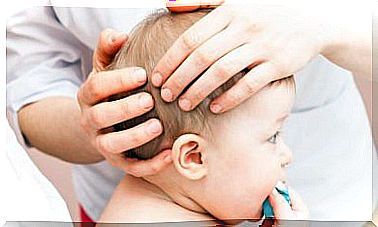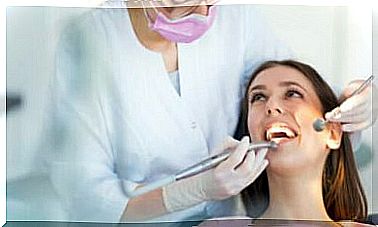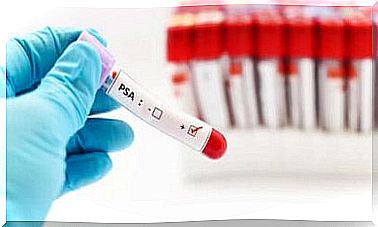Oral Health And Pregnancy: What Do You Need To Know?
Oral health during pregnancy can be affected because of the hormonal changes experienced by the woman during this stage. What are the risks ? How to avoid them?
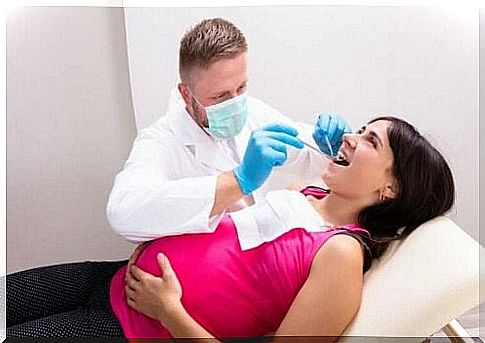
When a woman is pregnant, she experiences multiple physiological changes that can affect her oral health.
Children born to mothers with poor oral health and high levels of cariogenic bacteria in saliva are also at risk of developing cavities.
Basic strategies for maintaining good oral health during pregnancy
As we have mentioned, many of the changes experienced by a pregnant woman can be manifested in the oral cavity. Some concrete care is therefore necessary to prevent oral diseases during pregnancy.
1. Keep teeth and gums healthy
Periodontal disease can lead to premature delivery and low birth weight. There is indeed a possibility of bacterial transmission of saliva from mother to child.
2. Avoid or treat nausea, vomiting and gastric reflux
The pregnant woman who suffers from vomiting in the morning or gastric reflux has a high risk of suffering from dental erosion.
3. Prevent periodontal disease
Many women can develop periodontal disease during pregnancy due to hormonal changes. We must make sure to treat it as quickly as possible.
4. Stop smoking
Smoking during pregnancy not only affects the health of the mother but also that of the fetus. According to a study published in the Journal of Clinical and Experimental Dentistry , there may be a link between prenatal maternal smoking and early childhood caries.

How Can Oral Health Be Affected During Pregnancy?
A publication in the Journal of Clinical and Diagnostic Research reports that hormonal changes that take place during pregnancy produce a series of changes in a woman’s body, and the oral cavity is no exception. In general, a pregnant woman may experience:
Cavities
The mouth becomes a more acidic environment due to hyposalivation, gastric reflux, vomiting and increased consumption of sugary foods. Therefore, there is an increased risk of cavities in pregnant women.
Gingivitis in pregnancy
The increased inflammatory response to bacterial plaque can lead to inflamed and bloody gums. A good habit of brushing and hygiene between the teeth reduces gingivitis.
Oral health and pregnancy: periodontal disease
Untreated gingivitis can lead to periodontics, in which the bone that supports the tooth is affected. This can lead to mobility and loss of the tooth.
Granuloma of pregnancy
It takes place in about 5% of pregnancies. It is the result of an exaggerated inflammatory response to oral pathogenic microorganisms and normally goes away without treatment after pregnancy.
Tooth erosion, one of the changes that affects oral health during pregnancy
Morning vomiting and gastric reflux, common during pregnancy, can cause erosion of the teeth. Rinsing with water that has been dissolved in baking soda can help neutralize acids after vomiting.
Prevention of oral health problems during pregnancy
The most important goal for a pregnant woman is to maintain a healthy oral environment through the control of bacterial biofilm , brushing, flossing, fluoride and professional prophylaxis which includes supra and subgingival scaling. .
Dental prophylaxis
Scaling or professional cleaning is an essential preventive and therapeutic component in dental care, even if only a minority of pregnant women go to the dentist during pregnancy (between 10 and 12%).
It is essential that professionals in connection with pregnancy assure the woman that dental care is not only safe but very fundamental for their own health and for the normal development of the fetus.
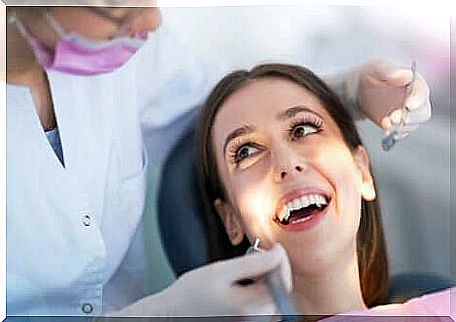
Personal care for good oral health during pregnancy
We are now going to talk about some of the things a pregnant woman can do to take care of her oral health.
Consult the dentist during pregnancy
It is advisable to go to your dentist at any time during pregnancy, although this is more recommended in the second trimester for the comfort of the pregnant woman. The dentist will perform an examination, inform the patient about the treatments she needs to undergo and advise her.
Maintain good hygiene
Brush your teeth at least twice a day, using a small, soft brush to avoid gagging. Use toothpaste with fluoride and don’t forget to floss at night.
Take care of your diet
Limit the consumption of sugary foods during meals and avoid them outside of meals, consume fruits and vegetables, eliminate the consumption of carbonated drinks or chew gum without sugar and with xylitol for 10 or 15 minutes after meals.
In case of frequent vomiting …
Eat small amounts of fruits, vegetables, yogurt and cheese throughout the day. Use a mouthwash with fluoride on a daily basis. After vomiting, rinse your mouth with water and baking soda.

Personal care after childbirth
For the mother
- Continue to maintain your level of oral hygiene to prevent cavities and gingivitis.
- Limit sugary products during meals and don’t snack between meals.
- Remember that your saliva contains bacteria so do not put your baby’s spoon, pacifier, or bottle in your mouth.
For the newborn
- Clean his gums with damp gauze after feedings.
- When her teeth start to come out, start using a pediatric toothbrush.
- Use toothpaste with fluoride; the amount should be the size of a grain of rice.
- Remember to make an appointment with the dentist when your baby is one year old.
Ultimately, given the specific conditions of pregnancy, it is essential to pay particular attention to oral health. Pregnant women should strengthen their oral hygiene habits and, if possible, go see a dentist.

